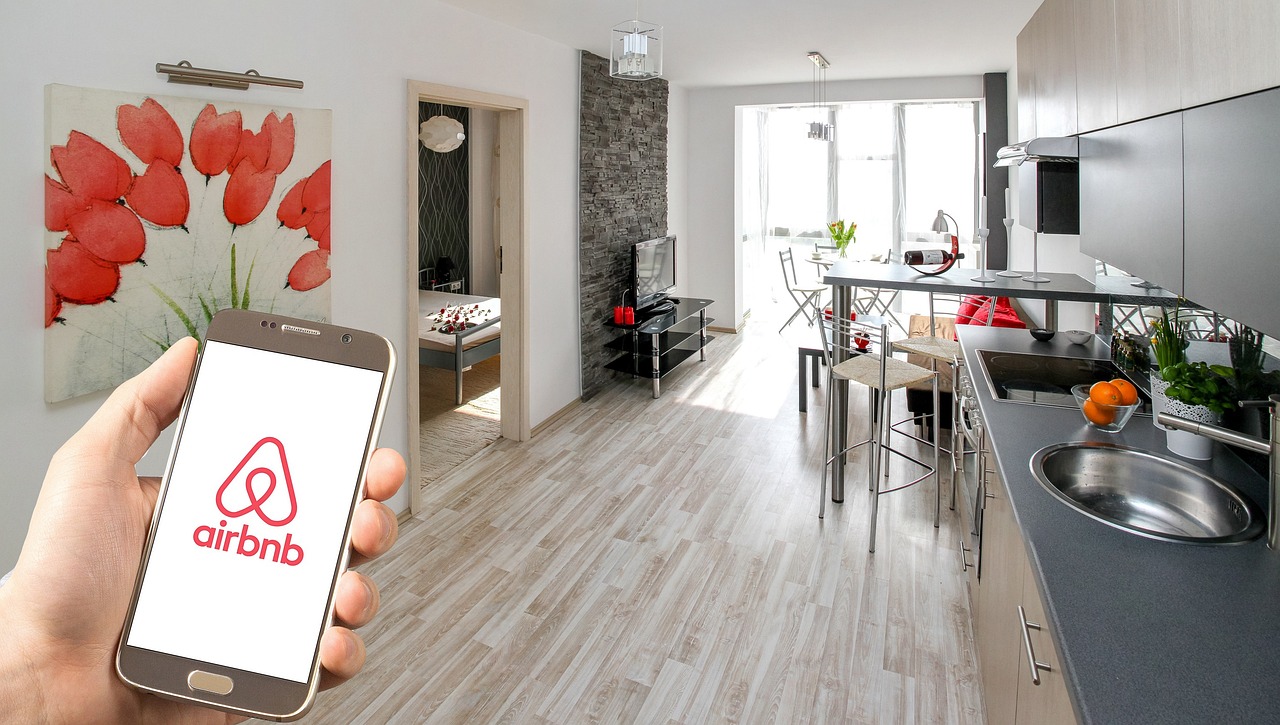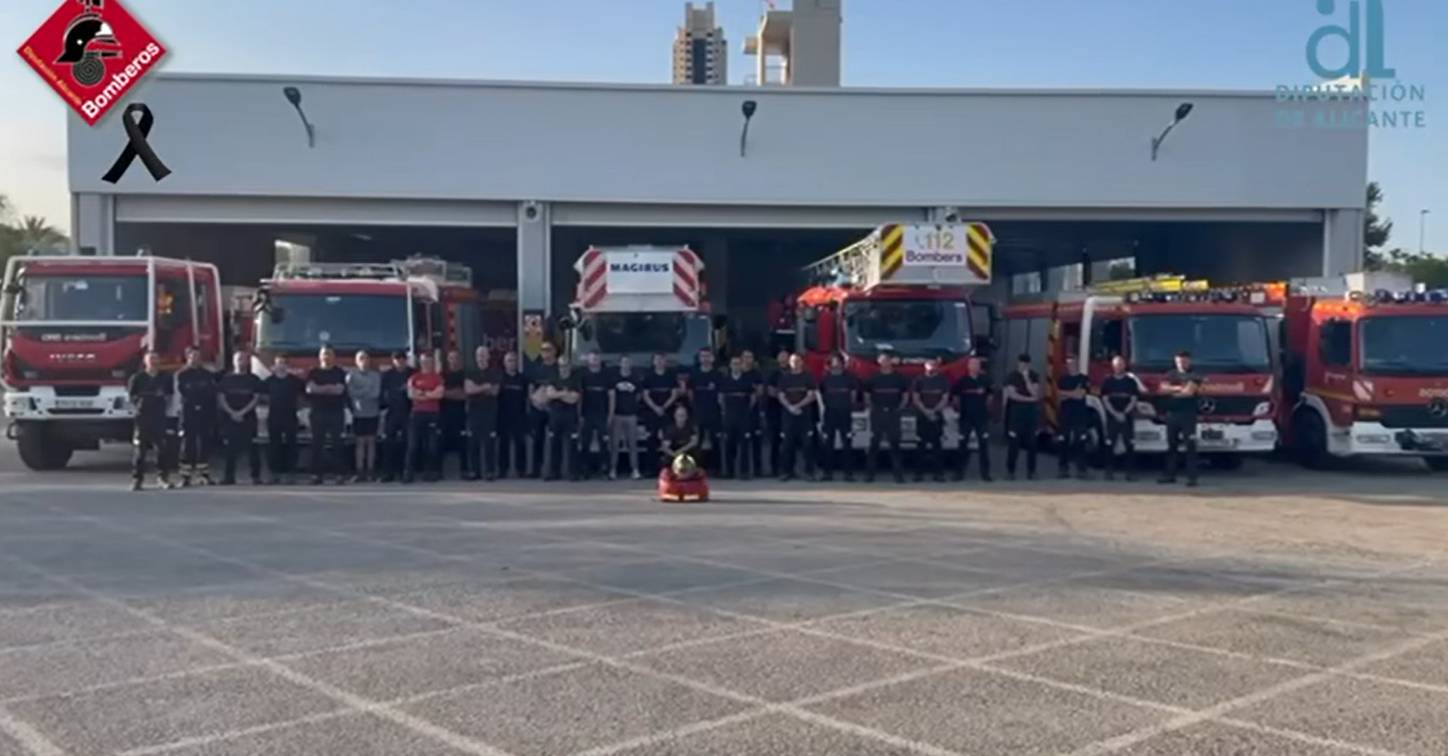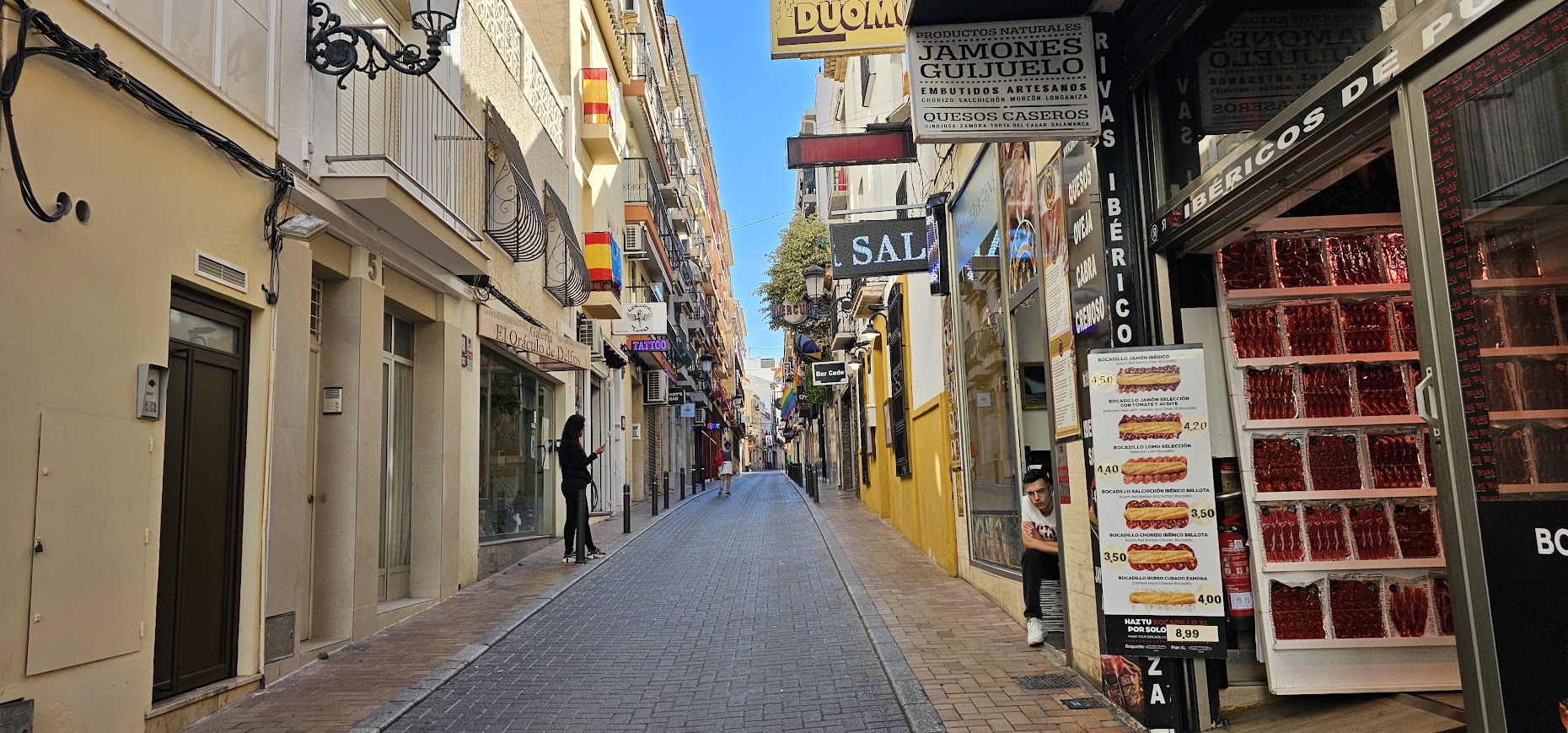The residents of Block 8 of San Antón who were evacuated will be unable to retrieve their possessions upon their return. This was confirmed by Francisco Soler, the Deputy Mayor and Councillor for Urban Planning yesterday Thursday April 24th. The finalised technical reports have now determined that the staircase is the most problematic area, with evident collapse problems, despite its remote location. Consequently, no items can be recovered, although potential solutions are being investigated for specific cases through firefighter interventions, which allow for access to tiny items from balconies. The Governing Board has also approved the provisions for aid to the family units in the building at the same time.
Therefore, the sole viable option for entry is through premeditated interventions by firefighters, who “could enter to retrieve specific small items in a highly organised and timely manner, as the technical report is exceedingly explicit and the risk of collapse is genuine.” Some examples may include items that are indispensable, such as laptops, mobile phones, or medications. In any event, this will necessitate a case-by-case examination. However, it will not be a formula that can be employed to remove furniture or appliances from residences.
One line of 120,000 euros is designated for rent, while the other is for household items.
In terms of the aid that has been announced, a regional subsidy of €364,492 will be provided to all evicted households. However, there will be two options: one that is explicitly for tenants, and another that is general and can be used to purchase furniture, appliances, and clothing. A allocation of €120,000 will be allocated to each option, totalling €240,000. The City Council has provisionally funded hotel accommodation. Additionally, the cost of small furnishings, such as mattresses or box springs, that were required to be completed to provide emergency housing for the homes allocated by Pimesa (with provisional pre-contracts until the regular ones are formalised) to the owners, as well as the cost of two rentals from the end of the year, has been included. Depending on the circumstances, the financial allocation may be increased by €60,000.
Assistance is available to all individuals, including proprietors and tenants, as well as the six households that declined the City Council’s proposals—with whom there is no change—and individuals who were either squatting or in “precarious occupations.” Only the household that was residing in the property at the time of the eviction will be eligible in these unusual circumstances.
Each tenant family will be eligible for a maximum of 9,600 euros. Nevertheless, this benefit will not be provided to a family while they are residing in a housing resource provided by the City Council. They will be able to claim it once they have departed the municipal alternative and have secured their own housing. In terms of homeowner families, the majority of the homes that are yet to be occupied in the new apartments in the neighbourhood with these pre-contracts will receive a minimum of 600 euros and a maximum of 3,000 euros if they satisfy four criteria:
Evidence of insufficient financial resources to cover the expenses associated with the emergency situation. The family’s annual per capita income is limited to 100% of the current Iprem (Spanish National Income Tax).
The household must be registered in Elche and reside in the vacated residence for a minimum of six months.
Distribution among entities, residences in San Antón, and neighbourhoods
It is important to note that certain families are residing in homes that have been donated by the Conciénciate Foundation, Cáritas, and Un Abrazo de Luz, as they already have their own initiatives in place to address these situations. These families are homeowners, and as such, they are entitled to a residence in the new apartments in San Antón. Nevertheless, the new blocks in Pimesa were home to only 28 residences, which were owned by 31 families. Additionally, the City Council is presently only accepting two rentals for evicted tenants: one for a family in the Raval neighbourhood and another in a student residence. Additionally, as previously mentioned, the owners of the properties in Block 8 who had rented their residences will be eligible to purchase the future 45-unit building.
Families that declined the accommodation alternative
Lastly, Lastra emphasises that they are unable to take any further action in the instances where the City Council’s housing proposal was rejected. I am of the opinion that the City Council has more than adequately executed the emergency plan. He also notes that the circumstances were such that not everyone was able to select a rental location, regardless of whether it was in Carrús, Avenida de la Libertad, or near San Antón. He contends that resources were restricted for these alternatives. “What actions can we take?” I regret that the new block does not provide accommodation for all individuals. Nevertheless, they will be eligible for rental assistance.
Additionally, he contends that the distributions in other neighbourhoods of the city have been determined by the magnitude and vulnerability of each case. He contends that the City Council has provided a document for them to sign in order to substantiate the local government’s provision of the resources available at the time. Consequently, he contends that three householder families have been overlooked, as they have been assigned to apartments that are provided by social organisations.








No Comment! Be the first one.